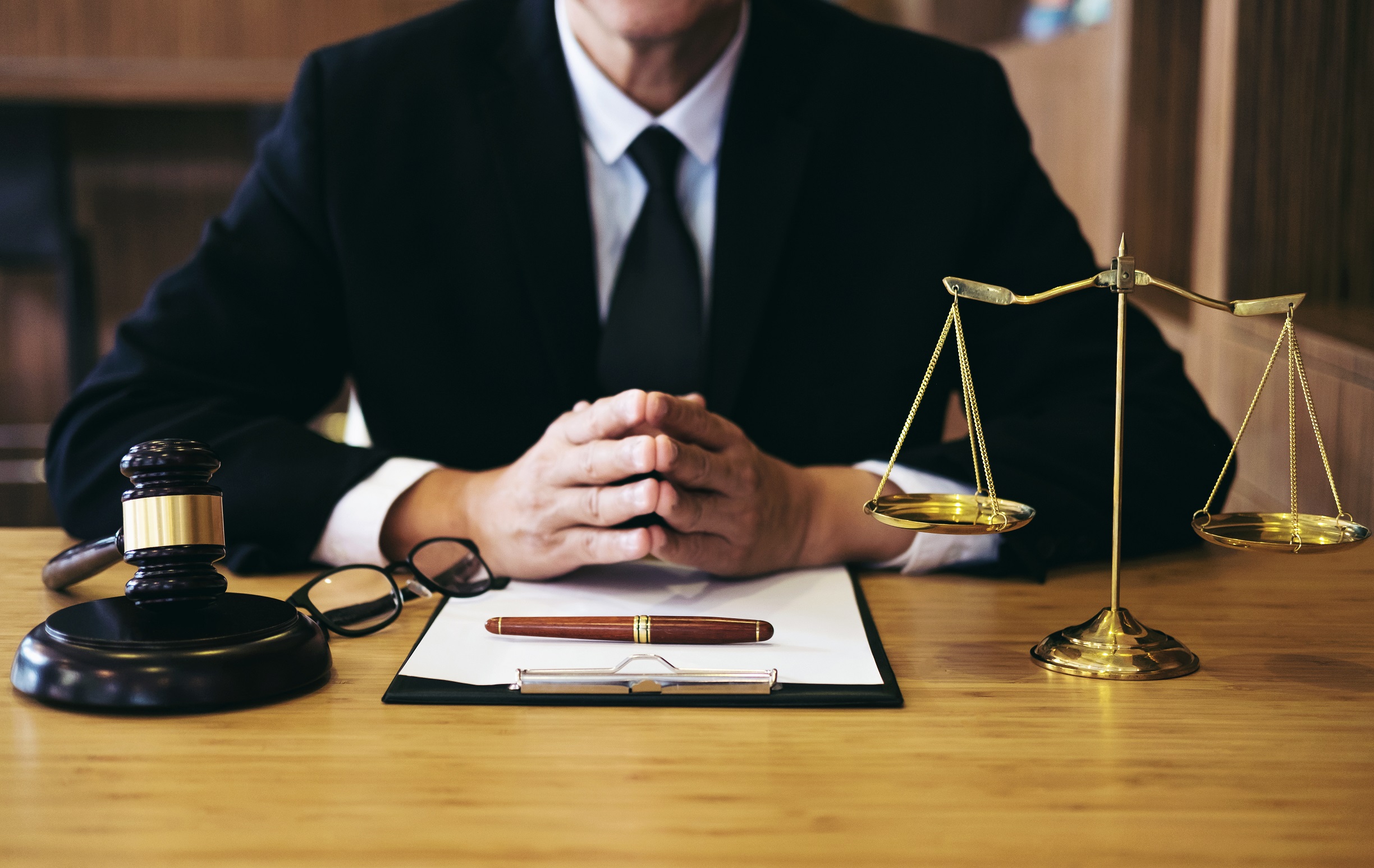Maximizing Your Allure: Just How Professional Aid Can Enhance Your Appellate Technique
In the realm of appellate advocacy, the significance of using expert aid to fortify one's appellate method can not be overemphasized. The complex nature of appellate process demands a careful strategy that exceeds plain lawful knowledge. By employing the proficiency of experts skilled in the subtleties of appellate practice, companies and individuals can unlock a wealth of advantages that prolong far past traditional legal representation. As we look into the realm of maximizing appeal through specialist support, a globe of tactical benefits and strategic understandings waits for those that seek to navigate the appellate landscape with precision and finesse.
The Importance of Appellate Competence
When navigating the complex world of appellate regulation, possessing specific knowledge in appellate procedures and strategies is extremely important for achieving positive results. Appellate experience encompasses a deep understanding of the subtleties of appellate practice, which differs substantially from test advocacy. Appellate attorneys must have a keen eye for legal research, influential writing, and oral campaigning for skills customized to the appellate court's specific requirements.
An appellate specialist brings a special capability to the table, developed with years of experience dealing with appeals and staying abreast of evolving lawful criteria. This know-how allows them to craft engaging legal disagreements, determine crucial issues that reverberate with appellate courts, and expect and respond to opposing advice's arguments properly.
Moreover, appellate professionals are well-versed in the facility step-by-step rules regulating allures, guaranteeing that all submitting deadlines, format requirements, and jurisdictional concerns are diligently complied with. By leveraging their specialized expertise, appellate attorneys can navigate the appellate process with accuracy and skill, optimizing their customers' chances of success on appeal.
Strategic Analysis and Instance Analysis
Building upon the foundation of appellate proficiency, calculated evaluation, and case analysis play crucial duties in formulating a robust appellate method. Tactical analysis entails a comprehensive evaluation of the instance, identifying essential concerns, strengths, and weaknesses. It calls for a deep understanding of the legal landscape, procedural guidelines, and prospective debates that might persuade the appellate court. By conducting a thorough tactical analysis, appellate specialists can identify one of the most effective technique to presenting an engaging case on charm.
Instance analysis is just as essential, concentrating on analyzing the lawful and accurate elements of the instance to determine its stability on appeal. This process includes scrutinizing high court records, proof, and judgments to identify errors or concerns that could develop the basis of a successful appeal. A meticulous situation analysis allows attorneys to craft persuasive arguments that resolve the core issues and encourage the appellate court to regulation in their customer's support.
In mix, critical evaluation and case assessment create the keystone of an effective appellate method, leading lawyers in browsing intricate legal terrain and optimizing their possibilities of success on appeal.
Crafting Compelling Legal Debates
Crafting engaging legal debates is a crucial skill that identifies skilled appellate specialists in offering influential cases prior to the court. Reliable legal argumentation calls for a deep understanding of the law, vital evaluation of the realities, and the capability to connect complex ideas in a clear and influential fashion. When crafting lawful debates, appellate professionals must thoroughly think about the appropriate legal concepts, criteria, and plan effects to create a systematic and strong story that sustains their client's position.

Navigating Procedural Intricacies
To successfully navigate procedural intricacies in appellate practice, practitioners must possess a detailed understanding of the appropriate rules of treatment and court methods. Appellate treatments differ amongst territories, demanding a keen awareness of specific requirements regulating issues such as jurisdictional deadlines, submitting procedures, and format standards. Failure to comply with these procedural regulations can cause expensive hold-ups, assents, or even dismissal of the allure.
One key aspect of browsing step-by-step complexities is recognizing the significance of protecting issues for charm at the trial court level. This involves making timely objections, movements, and deals of evidence to make sure that appellate courts have an appropriate record to review (Brownstone Law Texas appeals attorneys). Furthermore, specialists have to understand the art of drafting concise and clear appellate briefs that conform with formatting needs and effectively present lawful disagreements
In addition, comprehending the complexities of oral disagreement treatments, consisting of time limitations and the etiquette anticipated in appellate courts, is important for a successful appeal. By remaining attuned to these procedural intricacies, practitioners can boost their possibilities of achieving a desirable end result for their clients on appeal.

Leveraging Specialized Legal Understanding
Specialized legal expertise plays an essential function in purposefully advancing appellate debates and making best use of the opportunities of success in intricate lawful proceedings. Leveraging specific lawful expertise can offer a significant benefit when crafting appellate techniques. Appellate instances commonly entail complex lawful concerns that require a deep understanding of details areas of legislation. By engaging specialists with know-how in the appropriate legal field, applicants can take advantage of nuanced insights and tailored strategies that are crucial for providing compelling disagreements.
Specialized legal knowledge allows experts to identify essential precedents, regulations, and click resources legal doctrines that are essential to the situation available. This in-depth understanding enables them to anticipate potential difficulties, counterarguments, and possibilities for persuasive advocacy. Furthermore, specialists can offer valuable viewpoints on how the legislation has been analyzed and used in similar cases, assisting to shape an extra reliable appellate method.

Conclusion
Finally, professional help can greatly enhance your appellate strategy by offering competence in navigating procedural intricacies, crafting engaging lawful debates, and leveraging specialized lawful understanding. By using the skills and experience of appellate specialists, people can maximize their possibilities of success in the appellate process. Calculated analysis and case assessment are vital components of developing a solid appellate method that can aid to increase the allure of your situation.
In the world of appellate campaigning for, the significance of using specialist aid to fortify one's appellate strategy can not be overstated.When navigating the detailed realm of appellate law, possessing customized know-how in appellate treatments and strategies is paramount for accomplishing positive outcomes. Appellate competence incorporates a deep understanding of the nuances of appellate technique, which differs dramatically from trial campaigning for. Appellate attorneys need to have an eager eye for lawful research study, persuasive writing, and oral advocacy skills customized to the appellate court's details needs.
Structure upon the foundation of appellate proficiency, tactical analysis, and situation assessment play pivotal functions in creating a durable appellate technique. click here now (Brownstone Appellate Law Firm)